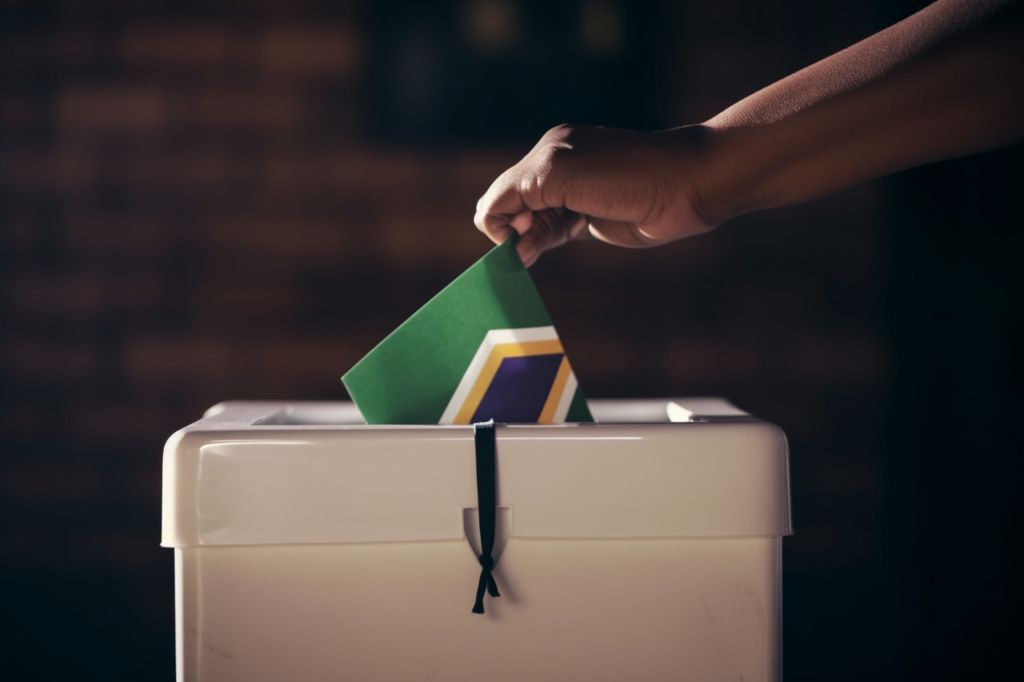On May 24, 2023, two provinces in South Africa, Gauteng and KwaZulu-Natal, held municipal by-elections, showcasing the power of democracy in action. The African National Congress (ANC) and the Democratic Alliance (DA) both maintained their positions from the 2021 Municipal Elections. This article will provide a detailed analysis of the election results, including the successful candidates from both parties.
Democratic Alliance
The Democratic Alliance won three new councillors in the by-elections. Daniel Jacobus Christoffel Putter retained the DA’s seat in Ward 25 of Ekurhuleni Municipality, Gauteng, with 66.12% of the votes. Although this percentage is slightly lower than the 69.72% from the 2021 Municipal Elections, voter turnout was 25.65%.
In Lesedi Municipality (GT423), Gauteng, Yvonne Combrinck became the new DA councillor for Ward 08. She retained the party’s seat with 52.45% of the votes, an increase from the 50.86% seen in 2021. Voter turnout for this election was higher than in Ekurhuleni, at 32.32%.
Lastly, in eThekwini Municipality (ETH), KwaZulu-Natal, Daniel Logan Mea secured his position in Ward 73, retaining the DA’s seat with a notable increase from the 2021 elections. The party received 81.74% of the total votes cast, compared to 67.47% in the previous elections. Voter turnout for this election reached 27.23%.
African National Congress
The ANC won two new councillors in the by-elections. Ngcebo Richman Dludla retained the party’s seat in Ward 15 of Mandeni Municipality (KZN291), KwaZulu-Natal. He received 67.94% of the total votes cast, slightly lower than the 70.05% during the 2021 Municipal Elections. Voter turnout was stronger in this municipality, with a turnout of 36.37%.
In uMzimkhulu Municipality (KZN435), KwaZulu-Natal, Leonard Thembinkosi Sosibo retained the ANC’s seat in Ward 12. Although the party received a lower percentage of the total votes cast (65.73%) compared to the 2021 Municipal Elections (79.49%), voter turnout for this election was notably higher than the other wards, reaching 51.91%.
Analysis
The by-election results showcase the resilience of both the ANC and the DA in maintaining their hold on the contested wards. However, the varying levels of engagement among voters in different wards highlight the need for greater voter education and engagement. Low voter turnout in some areas may be a cause for concern, but it is essential to consider the broader context of local political climates and historical voting patterns.
The May 24, 2023, municipal by-elections in Gauteng and KwaZulu-Natal demonstrate the strength of the democratic process in South Africa. The ANC and the DA successfully retained their positions in the contested wards. As the newly elected councillors take office, their performance will be closely monitored to assess their effectiveness in addressing the needs of their communities.












